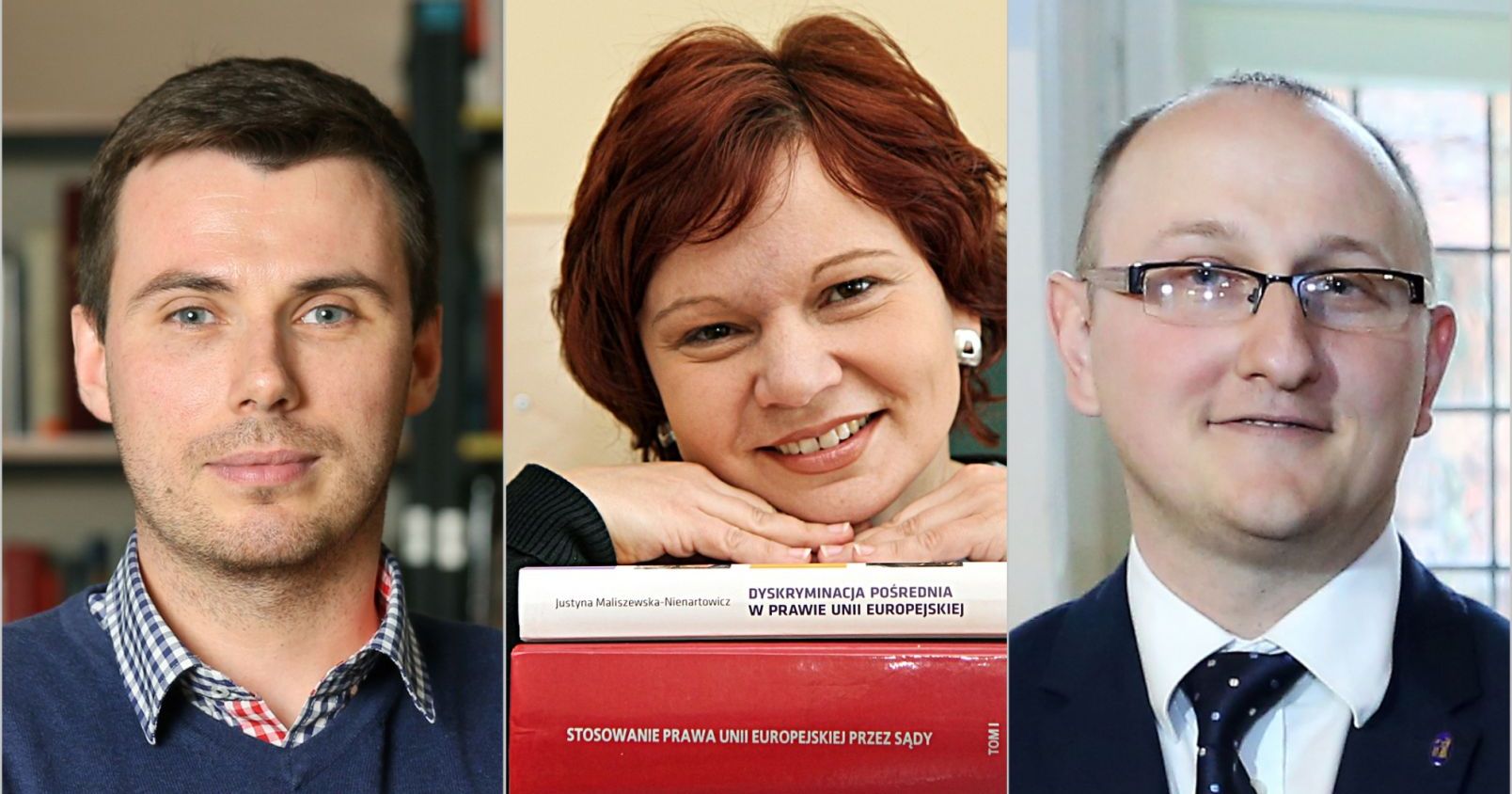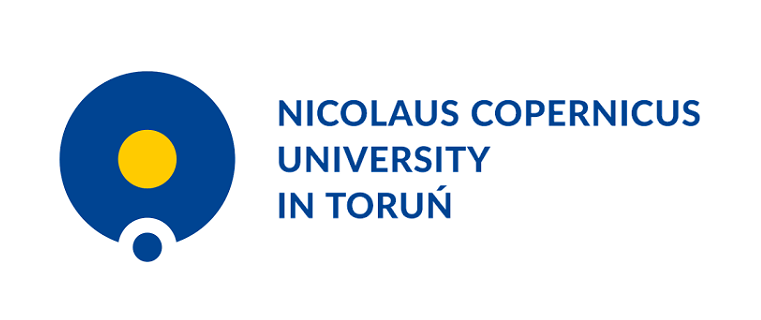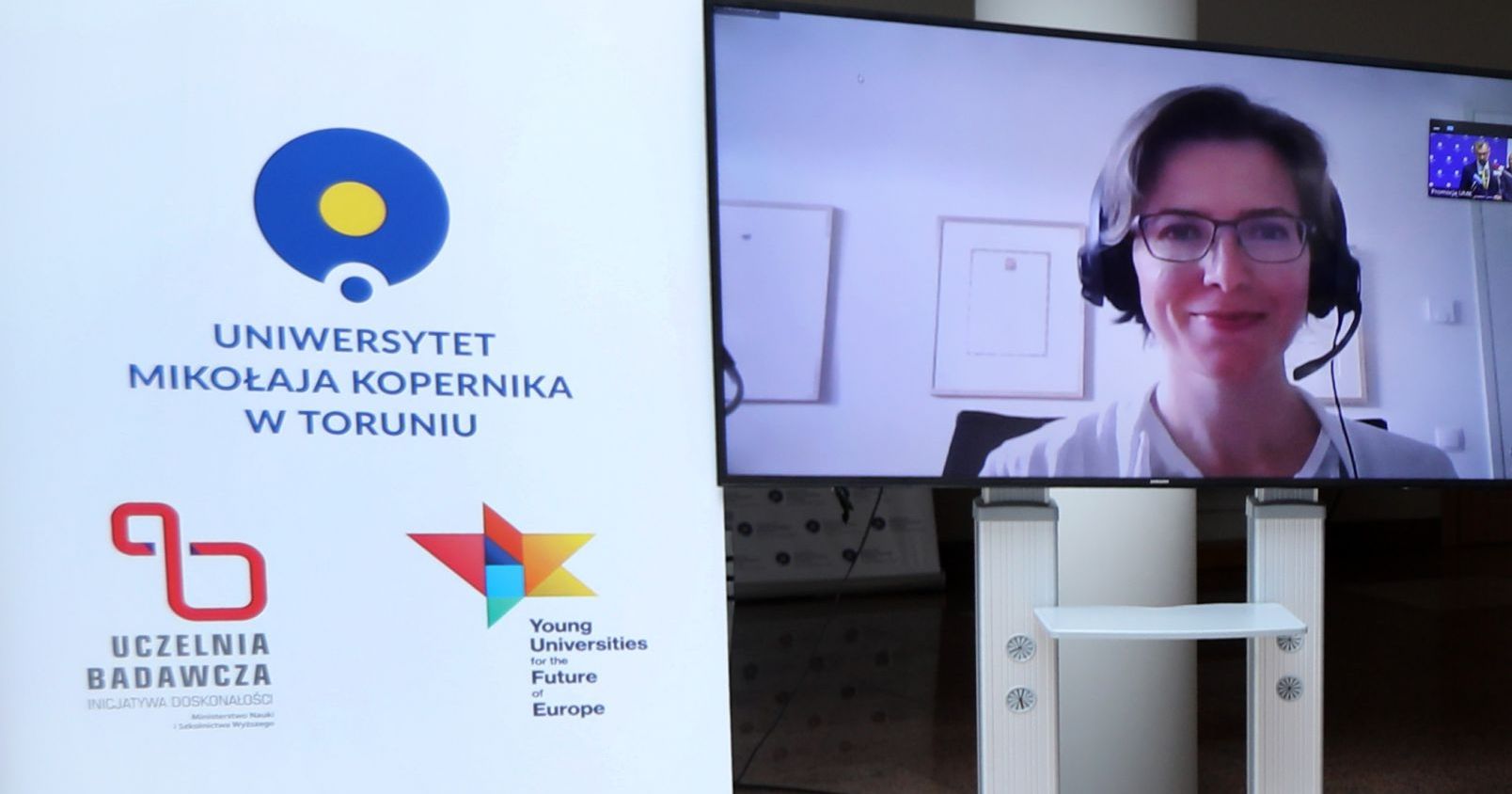 Social sciences
Social sciences
YUFE Academy: two lectures from NCU
Registration for two lectures organized by the Nicolaus Copernicus University in Toruń as a part of the YUFE Academy will last until November 13.
YUFE academy a joint initiative of all members of YUFE European University, whose aim is to share knowledge and enable students, staff, and interested citizens to get the feel of YUFE. For five weeks in November and December four online lectures a week will take place in the different YUFE universities, thus 'travelling' through ten European countries and giving a unique experience of twenty very different academic classes.
The first lecture „Promoting European Union Values in International Relations” will be presented on November 25 at 10:00 a.m. by Professor Justyna Maliszewska-Nienartowicz and Dr. Michał Piechowicz from Faculty of Political Sciences and Security Sciences.
The aims of the lecture are twofold. On the one hand, to define values and to characterise EU values, on the other to present the concrete activities which show how the EU promotes its values in international relations.
Accordingly, the lecture will have three parts. It will start with the discussion on the definition of values. The discussion will be led by both lecturers – dr Michał Piechowicz and prof. Justyna Maliszewska-Nienartowicz. First, they will discuss this question together, giving the general ideas how they understand the term ‘value’, then students will be asked about their ideas concerning values. The example questions are the following: What does the word „value” mean to you? Do you think that values are important in all spheres of life, including political one? What categories of values do you know? After the discussion, the lecturers will recapitulate it and give the final definition of values and examples of different categories of values.
The next problem which will be discussed is connected with the catalogue of EU values provided for in the art. 2 of the Treaty on the EU. Again this issue will be presented by the lecturers together and then they will ask questions e.g. if the students think that this list is a sufficient one, how it differs from art. 21 of the Treaty on the EU which regulates the principles of external actions of the EU etc. In other words first the more general issue of values will be presented and then the more concrete issue of principles binding the EU in international relations. The lecturers will also try to show how values and principles are interconnected in the frames of the EU external actions.
The last part of the lecture will concentrate on the examples of the EU activities which confirm that this organisation is based on certain values and principles and tries to promote them in international relations. It will start with the presentation of the EU regional strategies – enlargement to Central and Eastern Europe, stabilisation strategy in the Western Balkans, and the Euro-Mediterranean Partnership – in order to trace the development of the EU’s norms and instruments in support of democracy and human rights. The lecturers will also refer to the EU Neighbourhood Policy and EU Foreign and Security Policy. Next, there will be a discussion where the students will have the opportunity to evaluate the presented EU activities.
The second lecture „Parliamentary Democracy in Europe”, held on November 26 at 10:00 a.m., will be given by Professor Maciej Serowaniec from Faculty of Law and Administration.
The functioning of the European Union is founded on representative (parliamentary) democracy. Also debates on the future of Europe have always been debates about how to make Europe more democratic and how to make democracy work better on the EU level.
This lecture aims to clarify the multilevel character of parliamentary democracy in the European Union. It combines theoretical-conceptual considerations with empirical analysis. Theoretically the focus is on exploring the implications of the multilevel parliamentary democracy. A key premise here is that there is no single institution in the EU that embodies parliamentary sovereignty, but rather that this sovereignty is dispersed over the different parliaments at the national and the European level. This raises important questions about how the wills expressed in the different parliaments are coordinated. In what way do parliaments develop and (re-)adapt their political, legal and institutional role within the European Union? Also it raises questions about how fundamental democratic values – like political equality, collective deliberation and effective public control – are best maintained in the EU. Then, the lecture will be devoted to the relationship between parliaments and citizens in European Union. Communicating the EU is a complex matter, but national parliaments, due to their proximity to the citizens, are in a unique position to reach out to them and to make EU politics more transparent and accountable. The aim of this part of lecture is to investigate the best practices in involving civil society and citizens in debates on EU matters, and find out how parliaments of EU Member States communicate their activities related to European Union affairs to the general public.
 NCU News
NCU News







 Campus life
Campus life
 Campus life
Campus life

